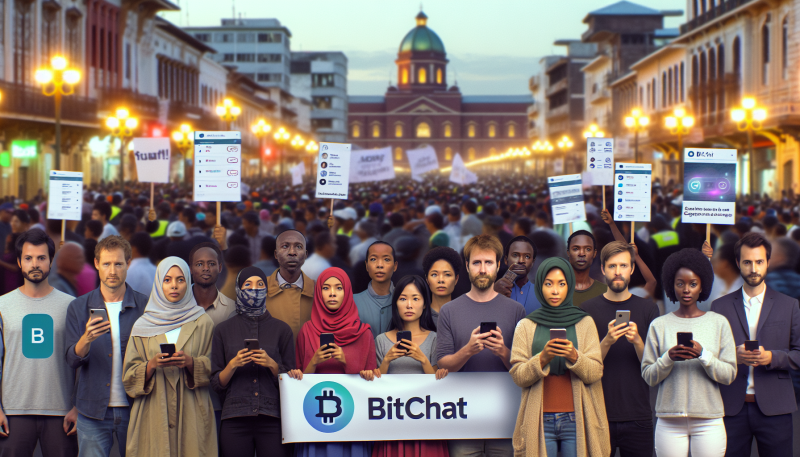What happened?
During violent protests in Antananarivo, people flocked to Jack Dorsey’s peer-to-peer app Bitchat and downloads spiked dramatically. Authorities imposed dusk-to-dawn curfews as protesters, angry about water and power cuts, sought censorship-resistant ways to communicate. Google Trends and store stats show searches and installs jumping from almost nothing to tens of thousands in a short time.
Who does this affect?
This mostly affects protesters and citizens in places with poor internet who need offline, encrypted communication. It also matters to tech platforms, governments and regulators who are grappling with encrypted or decentralized tools. Finally, crypto users, emergency responders, and mesh-networking startups are directly impacted as demand and scrutiny both rise.
Why does this matter?
For markets, surging demand for decentralized comms can drive funding and competition for mesh networking and Web3 infrastructure companies. At the same time, regulatory moves like the EU’s client-side scanning proposals could fragment markets, push some platforms to exit regions, and create regulatory risk that investors will watch closely. That dynamic can boost startups and crypto projects focused on privacy while increasing volatility for established messaging and internet companies.
